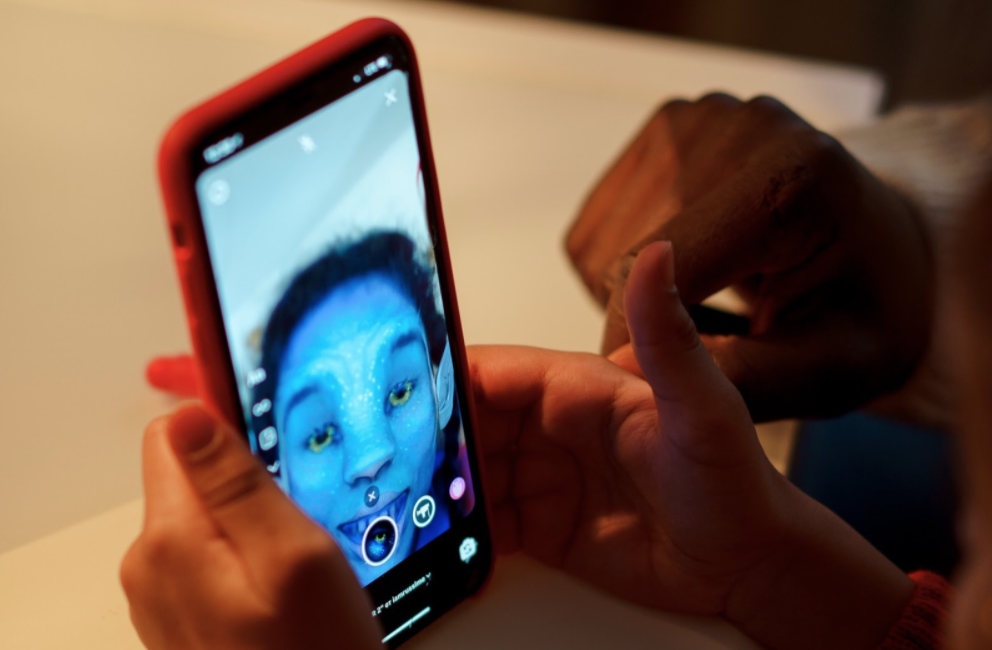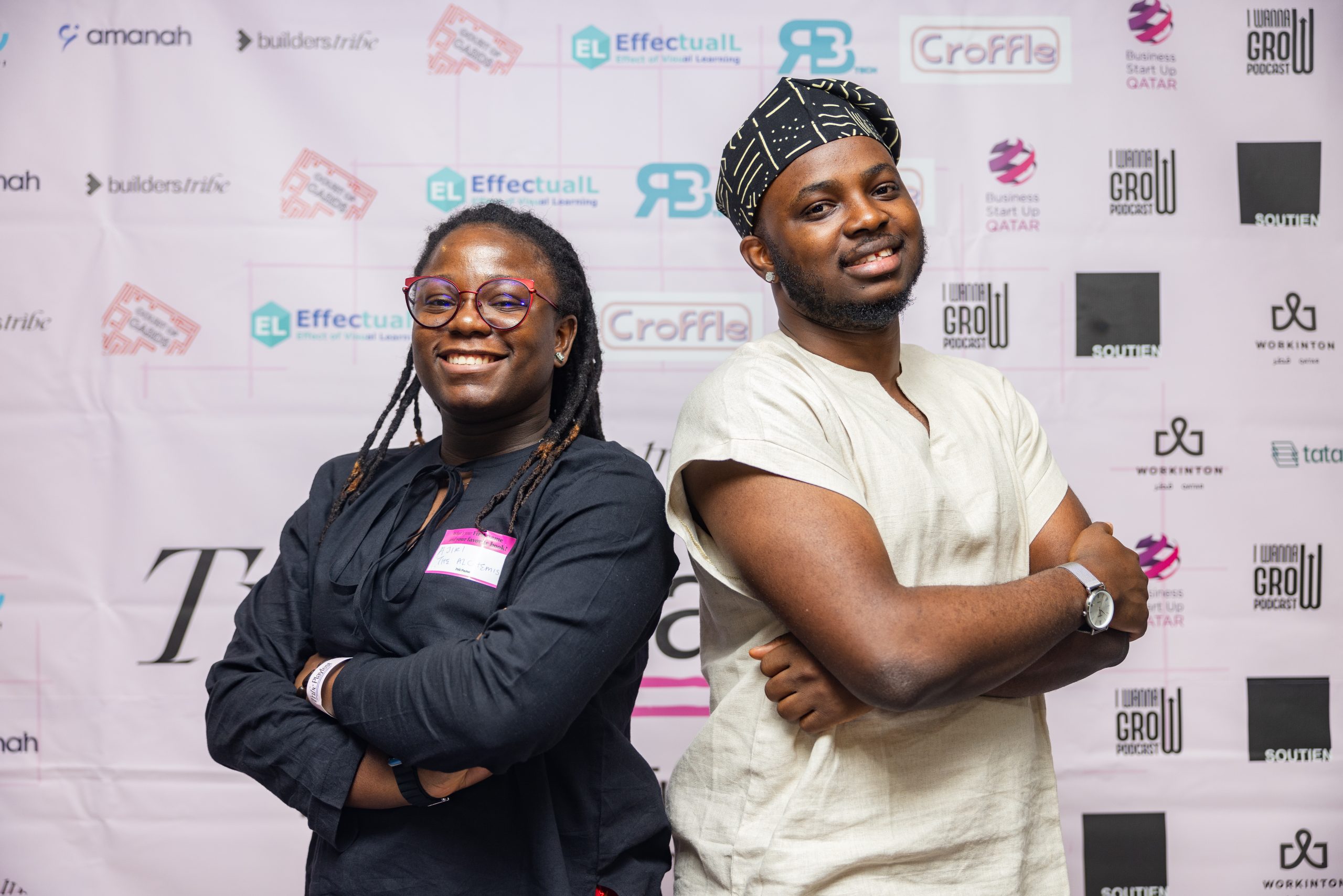A new Norwegian law on enhancing photos has triggered a larger conversation on photo editing and social media.
A photo edit law has been introduced in Norway that makes it mandatory for influencers to declare if a photo has been edited. The rule applies to anyone posting a sponsored post to any social media platform.
This follows similar legislation in France introduced in 2017, requiring advertisers to declare whenever an image is digitally edited. While France’s law applies to all advertising, Norway’s explicitly addresses social media.
Both solutions aim to tackle the increased pressure caused by social media – specifically on young people. Instagram, in particular, is often blamed for spreading an unrealistic body image.
A website on the Norwegian’s government page says the new law addresses pressures created by social media due to “idealised people in advertising”.
Read also: ‘Barbaric’ new weight loss device causes global outrage
In the UK, a 2019 survey found that 80% of teenage girls believe social media is the leading cause of mental health illness in their demographic. A similar portion of teens said that adults don’t understand the pressures created by social networks. Two-thirds of those surveyed said they view models such as Kim Kardashian and Kylie Jenner as negative role models.
Will labelling social media posts actually solve these issues?
BBC News spoke to two Norwegian influencers to get their perspectives. Madeleine Pedersen said that such laws are necessary, insisting that “it’s about time” it happened. She said that she struggled with body issues herself while growing up, and she doesn’t know if the bodies she was looking at were edited or not.
Read also: People are buying ‘virtual clothes’ for thousands of dollars
However, Eirin Kristiansen, another influencer from Norway, believes that the photo edit law does little to solve the actual problem. While it’s “a step in the right direction”, she said, the law itself “won’t really do any improvement”.
“Mental health issues are caused by so much more than an edited photo, and another badge on advertiser’s photos won’t change how young girls and boys truly feel, in my opinion,” the influencer said.
Additionally, critics of these laws believe it’s hard to enforce.
Norway’s law requires the label to be attached to photos where “the person’s body in the advertisements deviates from reality in terms of body shape, size and skin”.

Changing the saturation on an image does not necessarily deviate from reality, but if the saturation is changed significantly, is such a photo too unrealistic?
Annijor Jørgensen, a Norwegian influencer, said that “filters [are] something that should be fun, something you can laugh at, or be allowed to have a realistic butterfly on your face. Not to create a false beauty ideal.”
While locals heavily praised her response, it does not answer where the line would legally be drawn.
Should this rule expand to all social media posts?
The move has sparked debates on whether the rules should be introduced for all social media posts. Instagram already shows if a filter is applied when posting a story, but should this become law for all social media content? The current legislation in Norway and France only enforces these rules for influencers posting a sponsored post, but what about non-sponsored ones?
There’s potential to expand such ruling beyond the current requirements, though it’s not clear how much benefit would come from it.
There are other proposed solutions to tackle these issues. However, most focus on improving the understanding of parents and encouraging more meaningful discussions with their children.
While such steps are beneficial, they only solve one side of the issue. Legislation such as that introduced in Norway may help solve it at a larger scale.
Do you think photo editing laws are beneficial to young teens? Are you in favour of labelling photos that have been digitally edited, or are there better solutions? Let us know in the comments.
Follow Doha News on Twitter, Instagram, Facebook and Youtube







